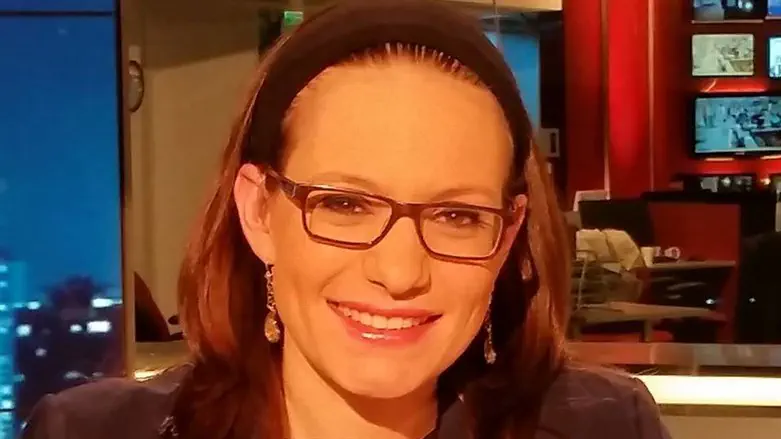
* Translation by Yehoshua Siskin
Every evening since Sunday at 5:10 p.m., I put my cell phone aside, charging it in silent mode. We then light the Hanukkah candles. On the first night, after the children had also finished lighting and had sung "Haneirot Hallalu" and "Maoz Tzur," I discovered that it was already 5:55.
Forty five magical moments had passed. I checked my cell phone and I saw that I had 52 messages waiting on WhatsApp. More than one message per minute.
There is an ancient custom not to perform work after the candles are lit. For our generation, it seems to me, this custom is more important than sufganiyot and dreidels. It's a piece of Shabbat in the middle of an ordinary day. It's an opportunity to remind ourselves that the light of the Hanukkah candles shines brighter than the light of a computer screen.
Rebbe Pinchas of Koritz, one of the originators of the hasidic movement, once said: "On Hanukkah, at the time of the lighting of the candles, hidden light descends from above, and therefore every person must sit by his candles after lighting them for a full half hour" (the minimum time required to watch the candles).
It's not just about a match and a candle. A magnificent light descends into our living rooms, next to the window or the door, and we need to receive it appropriately. According to hasidic wisdom, it is our obligation to listen to what the candles are telling us. To this end, we must remain silent, let go, and not run form place to place, from task to task, but rather focus on the chanukiya, and allow the flames to speak to us.
You are invited to try this tonight, while lighting the candles.
And here is some food for thought while you do.
The evening of the first Hannukah cancle is also the fourth anniversary of the death of Rabbi Aharon Leib Steinman, who passed away at the age of 103 after decades of teaching, leadership, and empathy for all. Here are several of his thoughts on the holiday of Hanukkah:
* *"If we really want to learn something from Hanukkah, there is much to learn. Generally people do not think about it sufficiently because they are too busy. They sing a little, eat a little something, but fail to see what the holiday is teaching us: It's about the power of individuals and the power of faith."*
* *"Hannukah is the holiday of pirsum haness (publicizing the miracle). When someone is joyful, it is natural for him to want to share his joy with others. When someone celebrates Hanukkah, and he himself is a source of joy, he invites others to share it with him. And so we demonstrate our joy on Hanukkah."*
* *"Sometimes we observe a mitzvah and don't feel anything, there is no vitality to it. On Hanukkah we describe all the miracles in detail and give thanks for everything, in order that we should learn to always be grateful, to pay attention to every detail in life, to every kindness, in order that nothing will happen to us without actually feeling it."*
Happy Hanukkah!